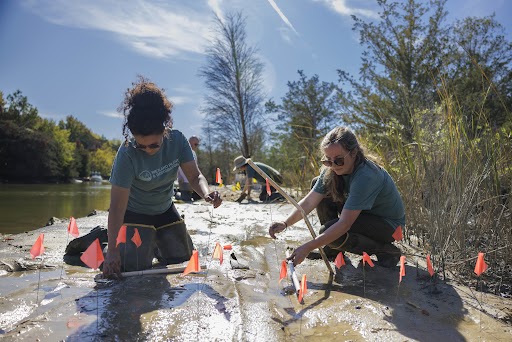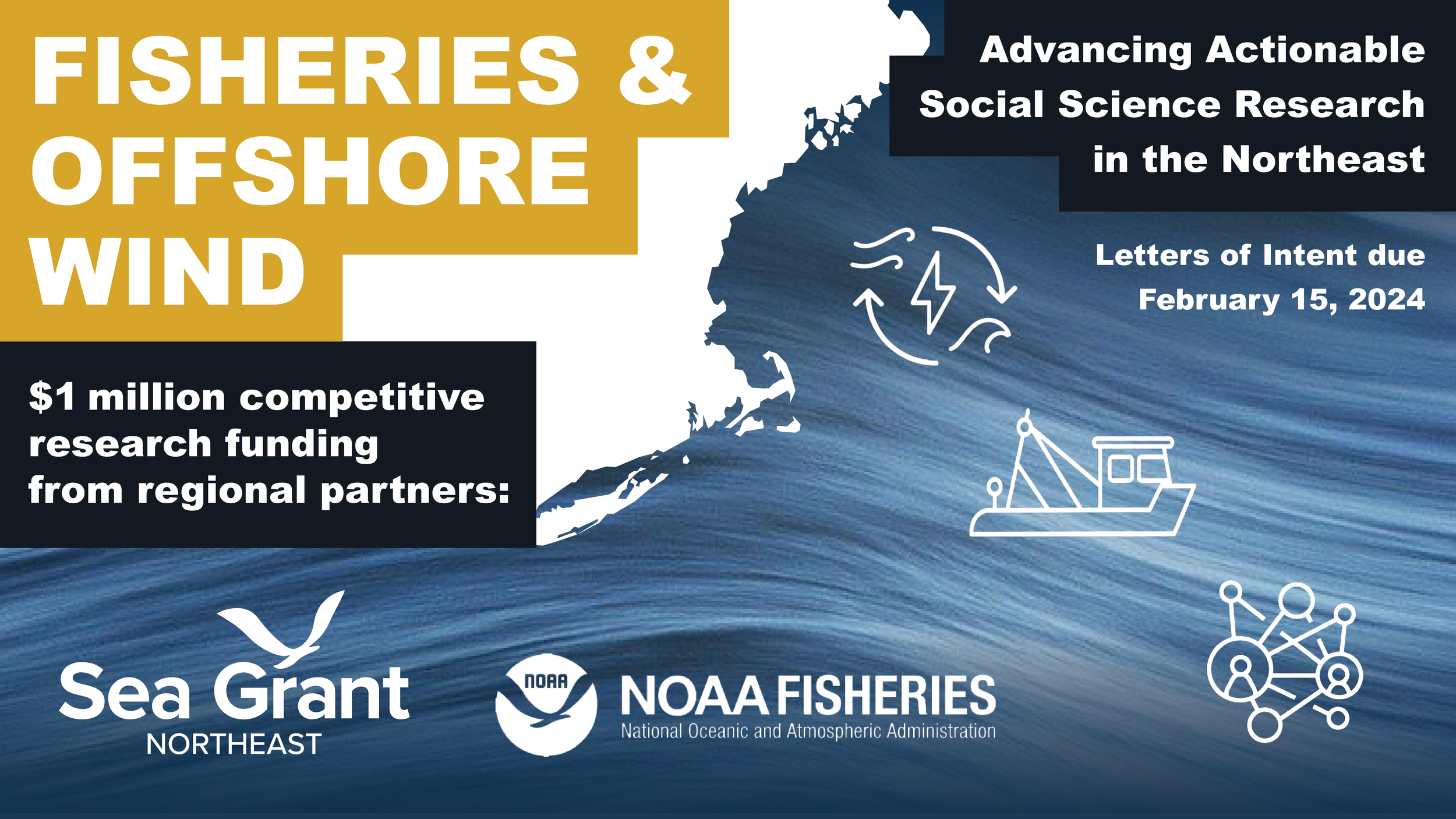By Kelly Samek, National Sea Grant Office
Summary of Sea Grant activities at CERF 2019 (PDF)
Some 1700 people are expected to descend upon Mobile, Alabama on November 3-7 for the 25th Biennial Coastal and Estuarine Research Federation (CERF) Conference. In addition to the Sea Grant scholarship that will be on display through presentations and posters, here is a quick guide to ways in which the National Sea Grant College Program will be present and advancing the conference theme, Responsive | Relevant | Ready.
Workshop
Eleven different workshops are on offer for Sunday, November 3. Among those, University of Hawai’i Sea Grant will be leading, “Building and Sustaining Effective Community-Researcher Partnerships,” a three-hour experience focusing on best practices for researchers on engaging in equitable and mutually beneficial relationships with community partners. Learn about the Kulana Noii (Research Standards), developed to sustain long-term relationships between researchers and the communities in the Hawaiian Islands. Although targeted at researchers, the discussion topics, best practices, and skills covered in this workshop are expected to be useful for any coastal professionals engaged in collaborative partnerships with communities.
Parade
The Krewe de Sea Grant will march in the second line procession around the Mobile Convention Center that will kick off the meeting’s opening social on Sunday, November 3. Call out to us, “Throw me something, Sea Grant!,” and you might just land something special to take home with your beads.
Exhibit Hall
The National Sea Grant Office, the Gulf of Mexico Sea Grant Programs (Texas, Louisiana, Florida, and Mississippi-Alabama), and Georgia Sea Grant will be active in the conference Exhibit Hall. Stop by our booths to learn more about funding opportunities, student fellowships, and programs from across the network.
Town Hall
The CERF 2019 program includes two Town Halls, one on Coastal Fisheries and the other on Estuaries and Coast. Mississippi-Alabama Sea Grant Consortium Fisheries Specialist Dr. Marcus Drymon and Louisiana Sea Grant Fisheries Extension Specialist Dr. Julie Lively will be panelists for the Coastal Fisheries Town Hall, “Threats, Challenges and Solutions for Coastal Fisheries Sustainability in a Changing World.” Held during the lunch break on Monday, November 4, all are invited to bring their lunch and engage in this facilitated event intended to summarize the most important common threats or challenges, identify possible solutions, and how those solutions can be accomplished.
CERF Inclusion Lunch
Scheduled for Tuesday, November 5, the CERF Inclusion Lunch is a venue for the CERF community to address challenges faced by underrepresented people in the sciences, provide an environment supportive of triumphs, and develop personal and professional networks. The Gulf of Mexico Sea Grant Programs are sponsoring this event, entitled “What’s in Your Gumbo? Ingredients for Putting Diversity, Equity and Inclusion into Practice,” and featuring keynote speakers Dr. Tuba Ozkan-Haller and Dr. Kristy Lewis.
Join the conversation online about #CERF2019. You can connect with Sea Grant on Twitter (@SeaGrant), Instagram (@seagrant_noaa) and Facebook (@NOAA.SeaGrant).
http://www.laseagrant.org/event/cerf-2019/
https://caseagrant.ucsd.edu/events/25th-cerf-biennial-conference


